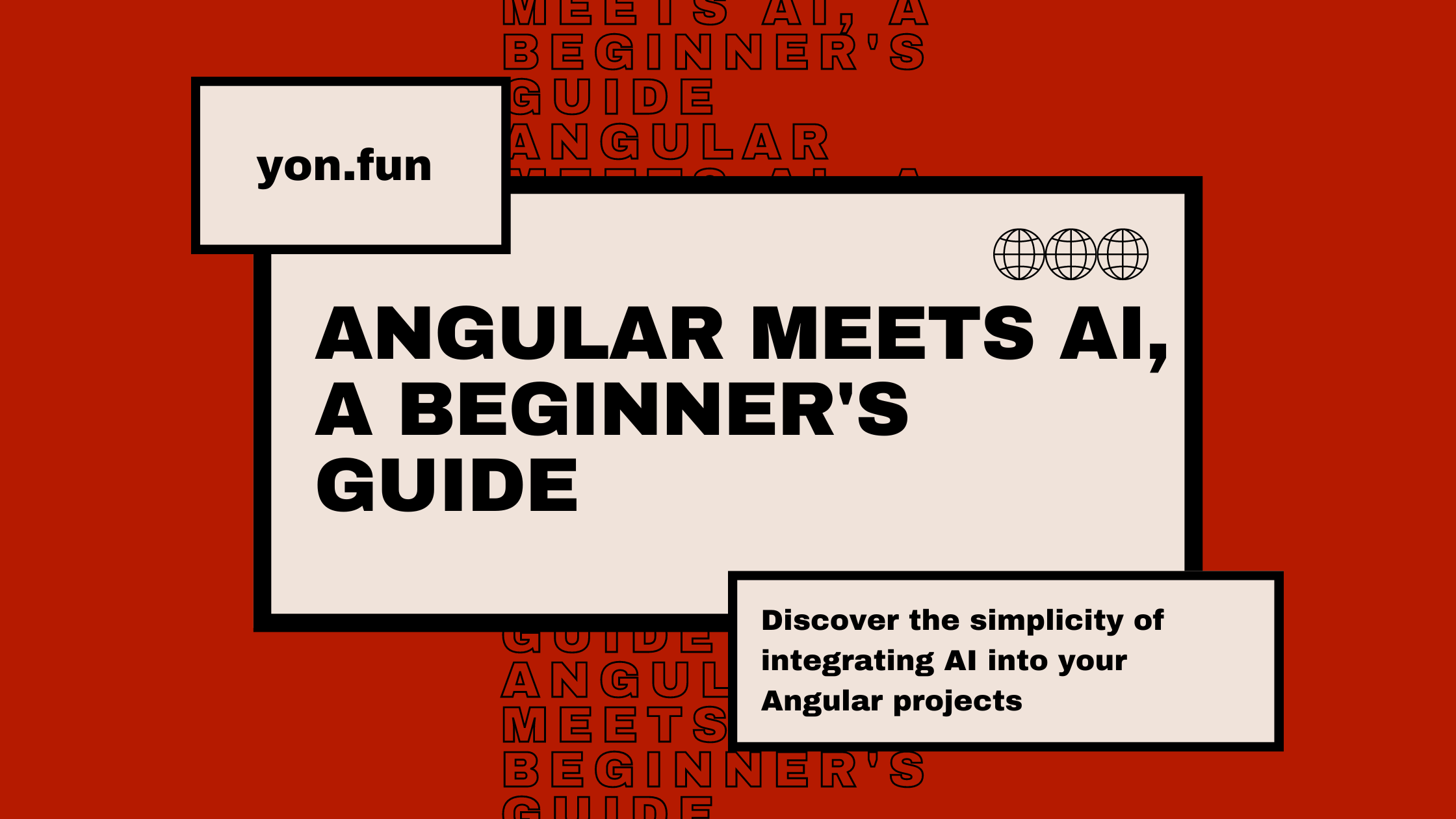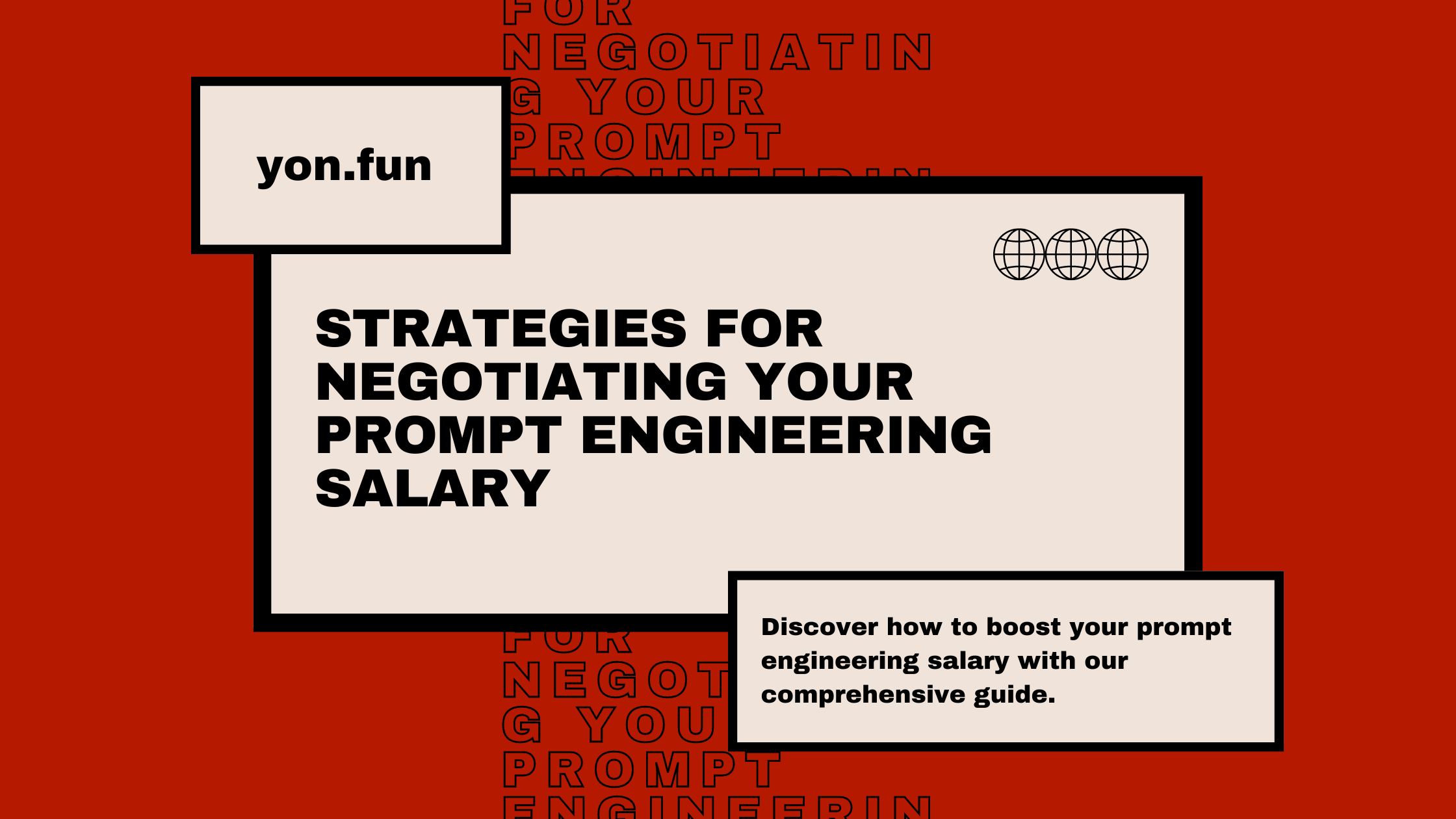Hey Tim Cook, is this a good idea?
Explore how you can validate your idea by using simulations to "talk" to thought leaders through ChatGPT.


Imagine being able to ask Warren Buffet, Oprah Winfrey, or Tim Cook for advice about your startup. Sounds intriguing, doesn't it? While it's unrealistic to expect a one-on-one conversation with these busy industry leaders, there's a fascinating workaround that startups are beginning to leverage — Artificial Intelligence Simulations.
With ChatGPT, you can mimic the conversational style and thought patterns of public figures, creating an interactive experience that can provide you with unique insights. This innovative AI tool presents an exciting opportunity for startups to validate their ideas and make strategic decisions.
However, it's crucial to remember that these AI interactions are simulations. They don't provide actual advice from these leaders but rather an approximation of what they might say based on their public persona and scanned data. To first see what we can do, we need to understand how ChatGPT is trained to simulate the language patterns and thought processes of public figures.
Understanding AI Simulations
So how does ChatGPT pull off these impressive simulations? It begins with its training, which involves analyzing a vast amount of text data from the internet. This dataset is diverse and includes everything from books, articles, and websites, to conversations and debates. As such, it is capable of generating conversational outputs in a variety of tones, styles, and perspectives.
It's important to note that ChatGPT doesn't possess an understanding of the world in the way humans do. It doesn't have beliefs, thoughts, or emotions. Instead, it leverages patterns it has identified in the data to generate responses that are likely to follow a given input.
When it comes to simulating public figures like Warren Buffet, Oprah Winfrey, or Tim Cook, ChatGPT can generate responses that resemble their public persona, largely based on how they express their ideas and perspectives in their public speeches, interviews, and writings.

This leads us to the limitations of these AI simulations. While ChatGPT can mimic the language and apparent thought patterns of public figures, it can't access their personal experiences, unique insights, or proprietary knowledge. It can't accurately represent their private thoughts or predict what they would say about your startup or business idea. It can't know Warren Buffet's latest insights about investment or Tim Cook's thoughts on the next big thing in tech.
Instead, ChatGPT's responses are general in nature, based on a simulated persona's public expressions and the vast dataset it has been trained on. For startups, this is still a valuable tool, offering a new way to look at their ventures, gain fresh perspectives, and challenge their ideas, albeit through the lens of an AI's interpretation of a public figure's persona.
So now that we have a grasp on how AI simulations work, let's dive into some hypothetical examples of how startups might use this tool.
Speaking to Industry Leaders About an Idea
Imagine you're a tech startup with a groundbreaking app idea that could revolutionize the way we manage our daily tasks. However, you're unsure if the market is ripe for this kind of innovation, or if the idea is too far-fetched. In the past, you might have relied on market research, SWOT analysis, or mentor advice. Now, with the capabilities of AI simulations, you have another exciting tool in your arsenal.
Let's create a hypothetical scenario where you engage in a simulated conversation with an AI modelled after Tim Cook, the CEO of Apple, someone well-known his innovative products and market acumen.
You: "Hey Tim, our startup is developing an app that uses AI to automate daily tasks in a way never done before. Based on what you know about the current tech market, is this a viable idea?"
AI 'Tim Cook': "From what you've shared, it sounds like a potentially exciting idea. The tech industry is constantly evolving, and there's always room for innovation, especially when it comes to AI and automation. However, you'll need to consider several factors..."
While the response is not from the real Tim Cook, it's a simulated perspective that provides you with valuable points to consider. This interaction is a useful exercise in idea validation and can encourage you to think more critically about your startup's direction.
Let's say your startup is in the financial sector, and you'd like to gain investment insights. You might simulate a conversation with Warren Buffet.
You: "Hey Warren, our startup is developing a blockchain-based solution for managing financial transactions in the retail sector. Do you think this is a sound investment in today's financial climate?"
AI 'Warren Buffet': "Blockchain technology has a lot of potential, especially in industries like finance and retail. However, there are also significant risks and uncertainties surrounding the regulatory landscape..."
Again, while it's not Warren Buffet's actual advice, this AI simulation offers a perspective based on the persona's public expressions, which can stimulate valuable introspection and analysis for your startup's strategic planning.
Now that we've seen how these simulations can be used, how about crafting our own sample prompt to validate a startup idea? Let's move on to that next.

Learn more about AI
Stay updated with new articles about AI and prompting!
No spam. Unsubscribe anytime.
How to Validate Your Idea with Conversations
Understanding how to craft effective prompts is crucial to extracting meaningful insights from these AI simulations. Here, we'll guide you on how to create a prompt that can help validate your startup idea.
Let's start with a simple structure:
"Hey [Public Figure], our startup is developing [a brief description of your product/idea]. Based on what you know about [the relevant industry/market/trends], do you think this is a sound idea?"
For instance, suppose you're developing a new renewable energy technology. You might be interested in the perspective of an influential figure in environmental sustainability like Elon Musk.
"Hey Elon, our startup is developing a new renewable energy technology that harnesses solar power in an innovative way. Based on your understanding of the renewable energy market and future trends, do you think this technology has potential?"
The AI 'Elon Musk' might reply:
"Harnessing solar energy is crucial to sustainable development, and innovation in this field is always welcome. However, you should consider the efficiency, affordability, and scalability of your technology compared to existing solutions..."
Remember, it's important to keep your prompts concise and clear, and focus on a specific aspect of your startup idea for each prompt. It might be the innovation factor, potential user base, competition, or possible challenges. This approach will give you a more detailed and relevant response from the AI simulation.
When you get a response, analyze it critically, just as you would do with advice from a mentor or industry expert. The AI simulation can't replace professional advice or deep market research, but it can be a powerful tool to stimulate your strategic thinking and idea validation process.
It's a novel approach of leveraging AI simulations to gain valuable insights and validate startup ideas. From understanding how ChatGPT works to crafting strategic prompts and analyzing responses, we've covered the basics of engaging AI in a conversation that mimics interactions with renowned public figures.
As we explored, this powerful tool isn't about getting the actual advice of these figures, but an approximation that could trigger new ways of thinking about your startup strategy, product development, and unique value proposition.
Like any tool, its effectiveness lies in how you use it. If done responsibly and ethically, AI simulations can provide a unique perspective that adds another dimension to your decision-making process.
So, are you ready to ask 'Tim Cook' about your startup idea? Go ahead and explore the world of AI simulations. The insights you gather might just be the game-changer your startup needs.























